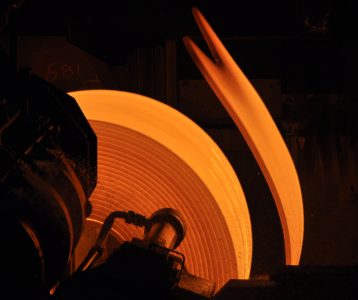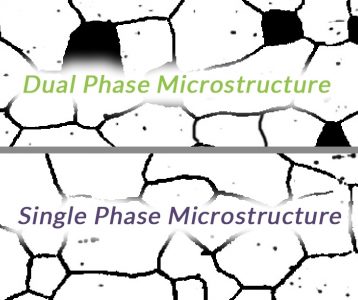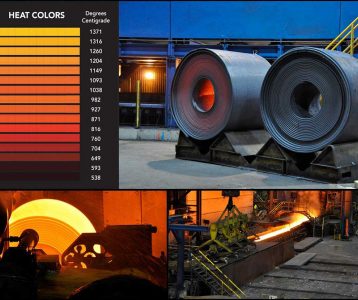4130, also known as Chrome Moly (aka Chromoly) (so named for 2 key elements of its composition, chromium, and molybdenum), is a general-purpose alloy steel that has been widely used by the aviation and motorsports industries for years. Weldability, fabrication, and mild hardenability make it a popular choice in all forms – tube, bar, sheet, and plate.
Do you know the difference between 4130 Normalized and 4130 Annealed Sheet?
Both the Normalizing and Annealing of 4130 steel sheet are processes of heat treating the material that changes their respective microstructures. Each condition is produced by a unique process of heating and then cooling.
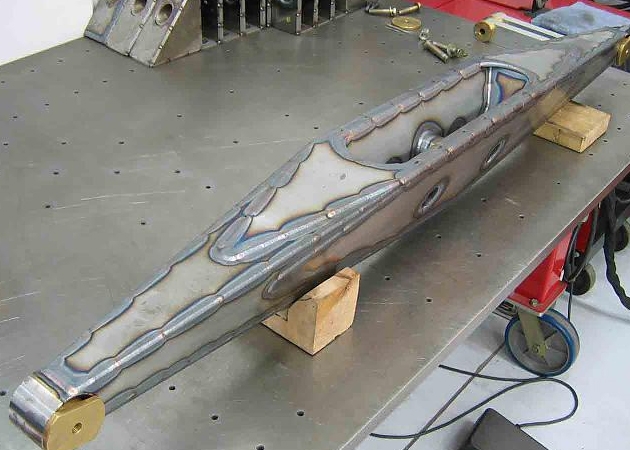
Produced to the aerospace specification AMS-6345, sometimes referred to as "Condition N". The normalized condition is the harder and stronger condition and is best used when forming is not needed.
Normalizing relieves internal stress on steel and improves toughness in steels that may harden after the cold working process. For normalization to occur, steel is warmed to a temperature just above its upper critical point and then allowed to air cool. Air cooling produces a much quicker cooling rate producing a harder less ductile sheet which is great for making rigid parts.
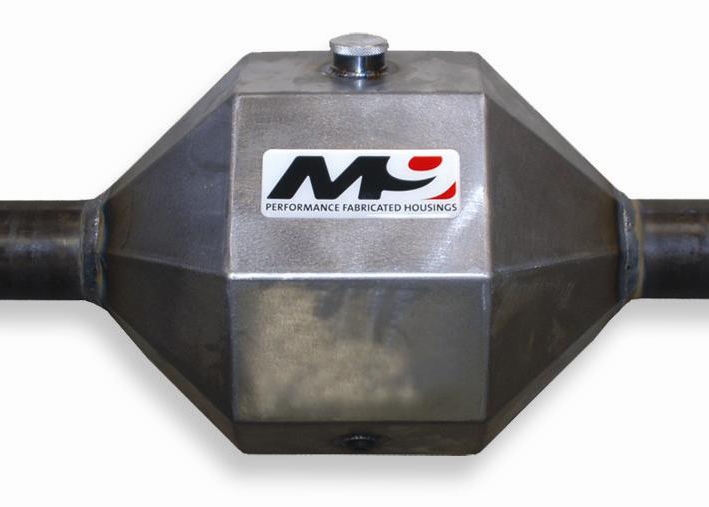
Produced to the aerospace specification AMS-6350, sometimes referred to as "Condition A". The annealed condition is the softer and formable condition and is best used when forming is needed.
Annealing relieves internal stresses, softens and makes the material more ductile. The material is uniformly heated and held at a specific temperature for a period of time and cooled in a furnace or other controlled environment to produce a finer and more uniform grain structure. This creates a softer more formable sheet that allows a tighter bend radius.
